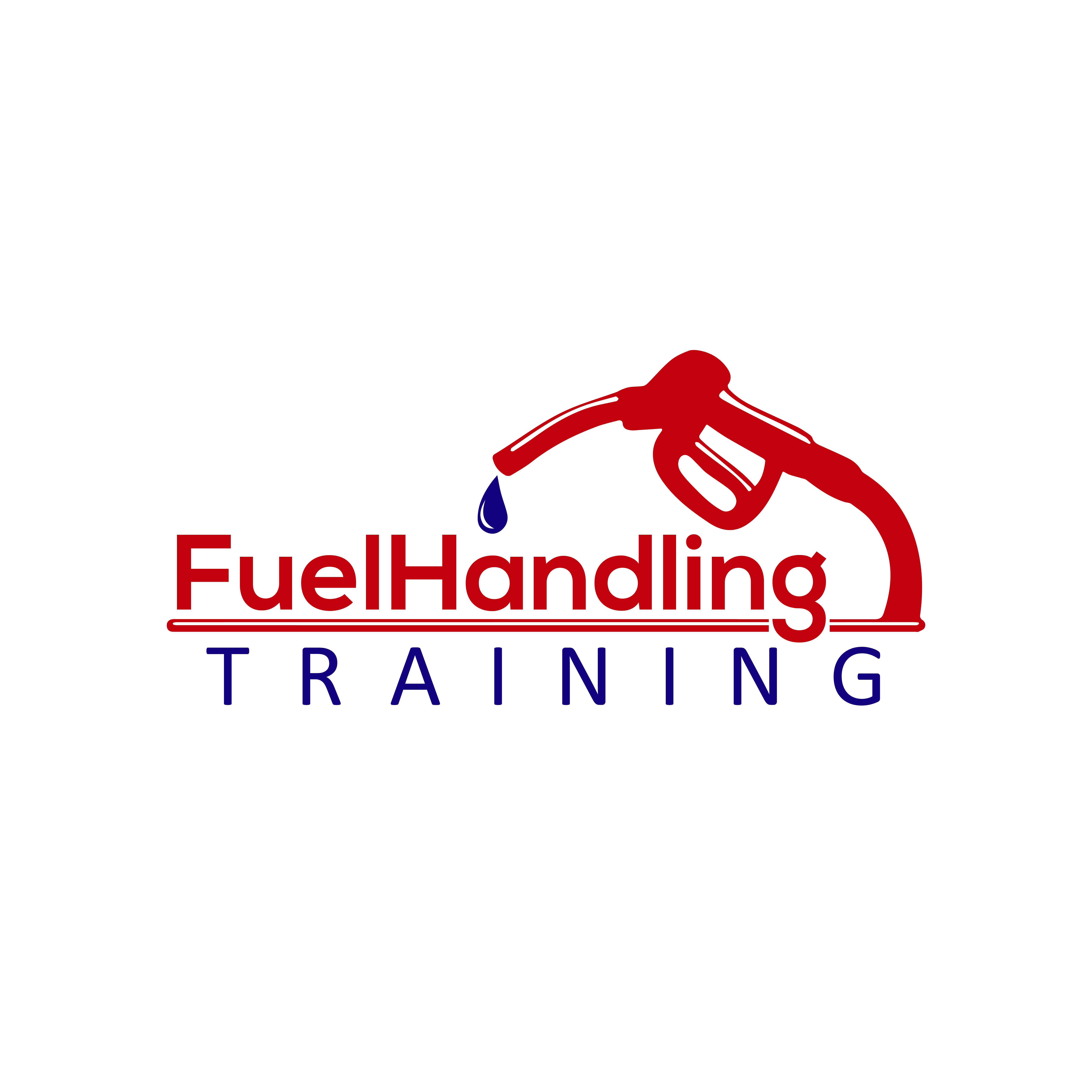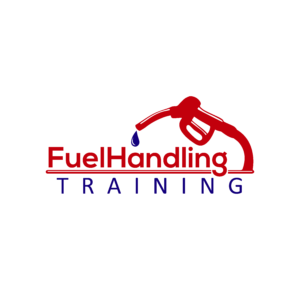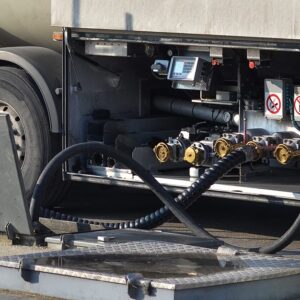Description
Basic structure consists of the following units customized to your company’s requirements using the facilities equipment, industry sector, and application:
- Fuel Properties and Composition: Understanding the chemical and physical properties of various fuels (e.g., gasoline, diesel, biofuels, hydrogen) and how these impact performance and handling.
- Material Compatibility with Fuels: Studying which materials are suitable for fuel storage and transport to prevent degradation, corrosion, or contamination.
- Corrosion and Degradation Prevention: Knowledge of corrosion mechanisms in fuel-handling equipment and effective methods to prevent degradation of storage tanks, pipelines, and other infrastructure.
- Fuel Storage and Handling Safety: Training on safe storage and handling practices to prevent leaks, spills, and fires, and understanding associated safety regulations and protocols.
- Environmental Impact of Fuels: Awareness of emissions, potential pollutants, and the ecological impact of different fuel types, with a focus on reducing environmental footprints.
- Fuel Efficiency and Energy Density: Learning about energy content and efficiency of different fuels to optimize usage and understand implications for energy conversion processes.
- Fuel Additives and Stability: Knowledge of common fuel additives (e.g., stabilizers, anti-knock agents) that enhance performance or shelf life, as well as methods to maintain fuel quality over time.
- Alternative Fuels and Renewable Energy Sources: Exploring sustainable alternatives like biofuels, hydrogen, and synthetic fuels, including their advantages, challenges, and applications.
- Fuel Testing and Quality Control: Familiarity with testing methods to assess fuel quality, detect contaminants, and ensure consistency, such as ASTM or ISO standards for fuel testing.
- Fuel System Design and Material Selection: Understanding the design and materials used in fuel systems, including pumps, pipes, valves, and storage systems, to optimize performance and minimize maintenance.


